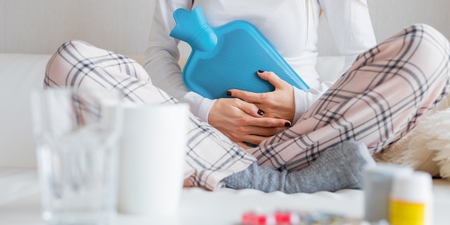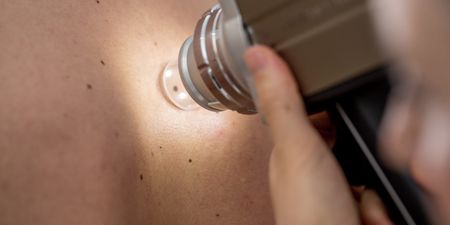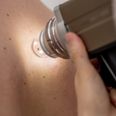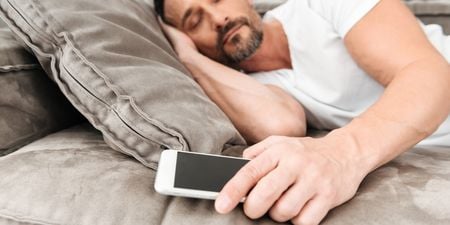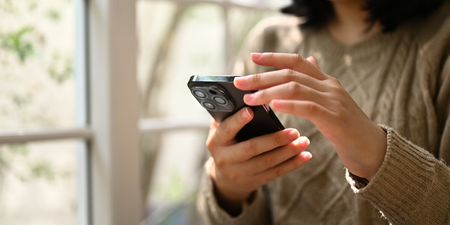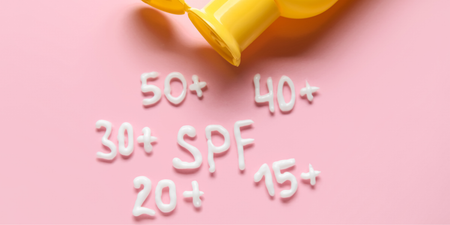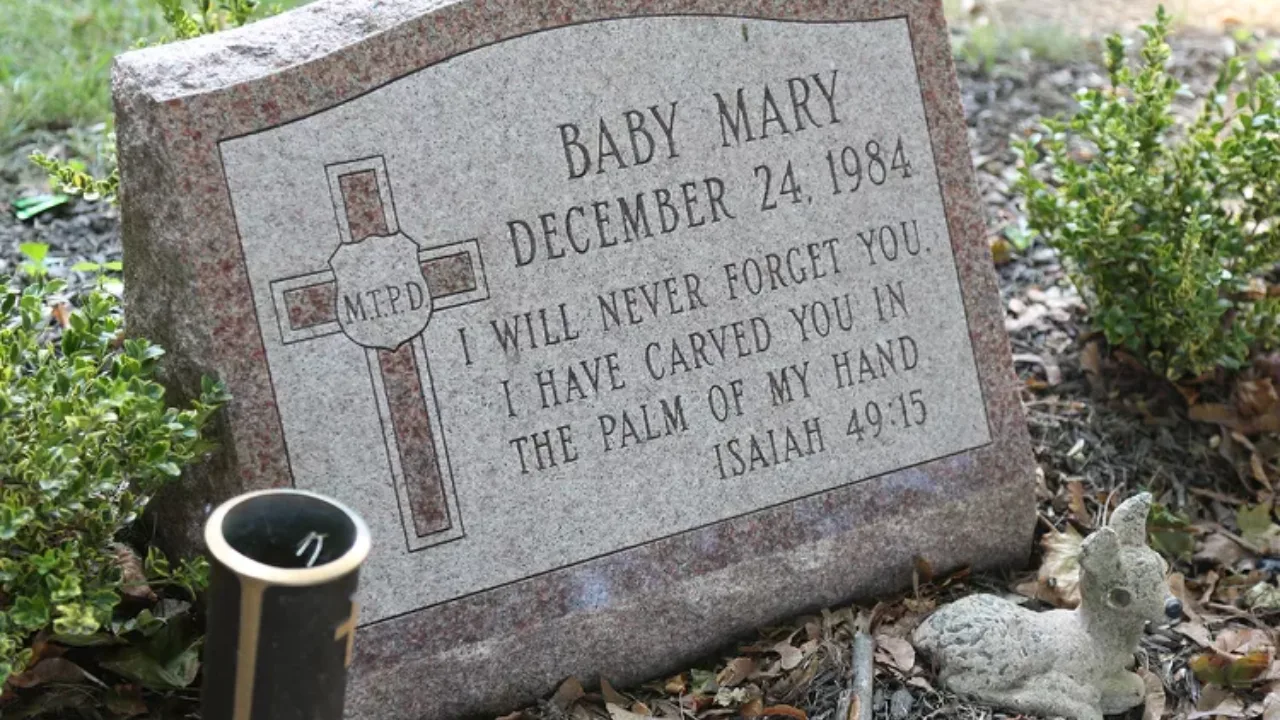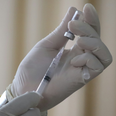Brought to you by ellaOne
From what constitutes a ‘normal’ sex life to emergency contraception queries, here’s what Jenny had to say…
Growing up, a lot of us didn’t get the best education when it comes to sex and pleasure.
And if you feel like there are a lot of questions you still don’t know the answer to, you’re probably not alone.
That’s why we’ve teamed up with morning after pill brand ellaOne and holistic sex educator Jenny Keane to share some of the facts surrounding sex and pleasure, so you can be better informed when it comes to your own sexual health and wellness.
We asked you to send in any questions you had for Jenny over on our Instagram and we were delighted to see how open you were so, now, it’s time to share the facts…
View this post on Instagram
1. Me and my same-sex partner only have sex once every three weeks, is that normal? It was at three times a week.
“When it comes to this question, we seem to [have] been given a myth that there’s some magical number out there that makes it normal. I want to tell you right now, that’s just a myth.
“What is normal is that this number is actually created between you and your significant other based on your wants, your needs, your desires and what is also normal is that this number changes as your relationship grows and develops as well.”

2. How does the morning after pill actually work?
“The morning after pill works by delaying ovulation or the release of an egg so that it will not be fertilised by sperm. This means that if you’ve already ovulated, the morning after pill is not going to be effective.”

3. Why does thrush happen after sex?
“Oh, there are so many reasons for this, I’m only going to give you one of them. Vaginal pH balance is crucial when it comes to maintaining a healthy environment and preventing bacterial growth. On the pH scale, vaginal pH is anywhere between 4 to 4.5.
“Semen is slightly higher at around 7.2 to 8.5. So semen can actually have a huge effect on the vaginal pH and can attribute to bacterial growth which can cause things like thrush, yeast infections or bacterial vaginosis. But as I said, there are so many reasons for this and that’s only one of them.”

4. I had unprotected sex but I am pretty sure I wasn’t ovulating, so do I still need to take the morning after pill?
“In theory during an average month’s menstrual cycle, there is about 6 days where sex can result in pregnancy. This is known as the fertile window – it’s the five days before an ovulation or egg release and the day of.
“But for many women, and for so many different reasons, this can be unpredictable and often come at different times each month. So if you are close by this window, if you’ve had unprotected sex you do not wish to result in a pregnancy, then emergency contraception is something that should be considered.”

5. Why does sex hurt so much?
“I say this all the time, sex should not be painful unless of course you want it to be, because I know some of us are in to that, right?
“When it comes to experiencing unwanted pain during sex, I want you to know that you do not have to suffer through this, it is possible to overcome it. If you’ve already been to your GP and they’ve ruled out things like STIs or issues with your menstrual cycle, then your next port of call is going to be a pelvic floor physiotherapist.
“They’ll be able to assess the muscular structure of your pelvic floor and see if there’s any issues that may be contributing to the experience of pain, give you an individualised unique protocol that is just for you to help move you towards experiencing pain free sex.”

6. What emergency contraception options do I have if I have had unprotected sex?
“There are two methods of emergency contraception: either the morning after pill or the copper coil, which can be fitted by your GP or sexual health service.
“There are two types of morning after pill: the ones that contain levonorgestrel and ellaOne, which contains ulipristal acetate and is available without prescription in pharmacies and through the Click & Collect services available via ellaOne.ie. Ulipristal acetate is 2.5x more effective than levonorgestrel when taken within 24 hours and can help prevent ovulation even when you are about to ovulate.”

7. Do I need a prescription to get the morning after pill?
“The morning after pill is available to buy without a prescription directly from your pharmacist, or through the Click & Collect services available via ellaOne.ie. It is available free of charge for women with a medical card.”
8. I’ve heard that the morning after pill can affect your future fertility?
“There is no evidence to suggest that using the morning after pill will make you infertile or have any effect on future fertility. If you take the morning after pill, your fertility can actually come back very quickly, so it will not protect you from pregnancy if you have unprotected sex again in the days after you take it.”

It can make things so much easier when you’re equipped with all the facts surrounding sex, contraception and sexual health, which is why getting an expert opinion from someone like Jenny is so helpful.
And if your question wasn’t answered, don’t worry! Jenny will be answering even more of your sex questions over the next few weeks, so keep your eyes peeled for that…
ellaOne is an emergency contraceptive pill that is available from pharmacies, and online through pharmacy Click & Collect services, without a prescription. No other morning after pill is more effective at preventing pregnancy after unprotected sex.
ellaOne consists of one film-coated tablet which should be taken as soon as possible, but no later than 5 days (120 hours) after unprotected sex or contraceptive failure. Each film-coated tablet of ellaOne contains 30 mg ulipristal acetate. Always read the label.
Brought to you by ellaOne











